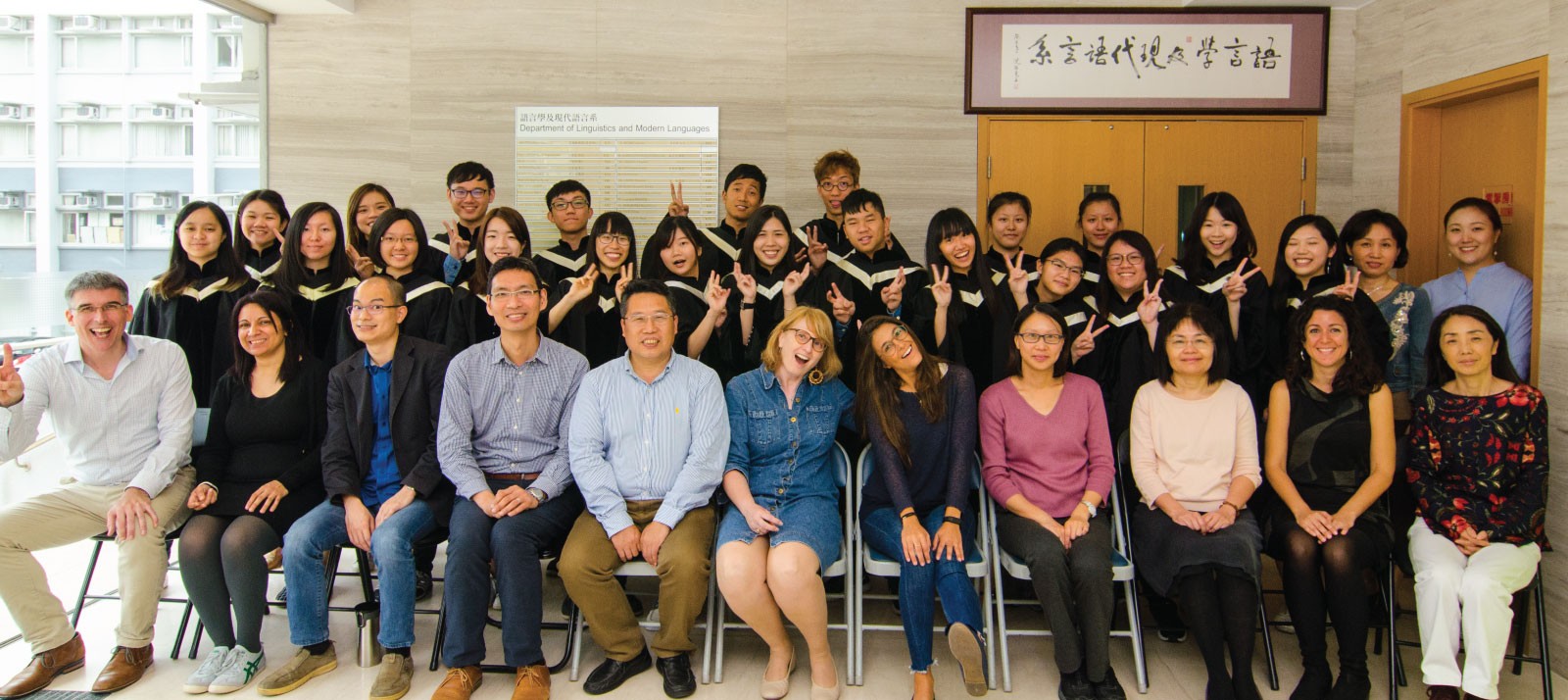Major programme in Bimodal Bilingual Studies (for senior year admission only)
Hong Kong is increasingly aware of the social diversities and linguistic needs of different pockets of populations, and active measures have been taken up by sectors in society to identify ways to tackle this social phenomenon. The two-year top-up BA programme in Bimodal Bilingual Studies is designed to address some of the needs. It is another linguistics programme of the Department which combines both spoken language linguistics and sign language linguistics in the design of the curriculum, emphasizing the groundbreaking awareness that the visual modality is another medium for natural languages in human communication. Students graduating from this programme are expected to achieve a high level of intellectual calibre with bilingual or multilingual proficiency part of which is sign language, for them to function competently in society. They should constitute a workforce that embraces diversity of ethnicity, language, culture and thought in professional, clinical and social practices.
What is Bimodal Bilingualism?
The term “Bimodal Bilingualism” is a recent coinage in the field of Sign Linguistics to refer to concepts surrounding the knowledge and use of spoken and sign languages bilingually by individuals in society. It reflects the burgeoning of research interest in the function of sign language in human cognition and communication in recent years, such as bilingual advantage, bimodal bilingual child development, code-mixing and code blending, concepts that echo and complement the ever-expanding research agendas of linguistics.
Our Programme
The BA in Bimodal Bilingual Studies is a two-year top-up degree programme having the goal of eventually creating a workforce in society that is competent in spoken and sign languages for professional support in education in different settings, information accessibility in social and professional contexts, social welfare of disadvantaged groups, and many other domains that call for such a unique combination of linguistic skills. The first of its kind in Hong Kong and Asia, this interdisciplinary programme focuses on the study of language science from the perspective of bimodality – auditory/oral and visual/spatial – and bilingualism/multilingualism, and examines how such language knowledge may function effectively in professional settings.
Students enrolled in this programme will be given foundational training in General Linguistics and Sign Linguistics for them to appreciate why both sign and spoken languages enjoy an equal linguistic status for human communication, how children acquire spoken and/or sign languages in a monolingual or bimodal bilingual fashion, how adults may become bimodal bilingual when they acquire a sign language as a second/third language, and how interactions between spoken and sign languages create intriguing benefits for humans in their language, cognitive, and socio-psychological development. Such a new understanding of language will be achieved by requiring students to engage in the learning of Hong Kong Sign Language at levels of linguistic capabilities prescribed by the Common European Framework of References for Languages - Sign Languages, as well as courses that apply knowledge of General Linguistics and Sign Linguistics to certain professional settings, to prepare them to enter the relevant workforce with social acumen and bimodal bilingual sensitivity.

